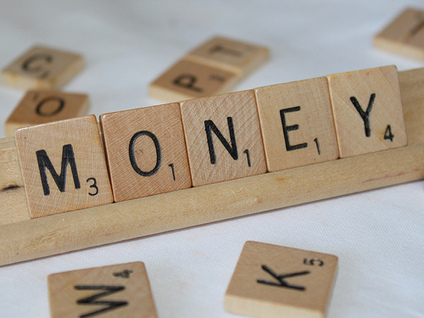Demystifying the Confusing Link Between Money and Happiness
Money does correlate with happiness—countless studies show that “Individuals with more money are happier (e.g., Diener, Ng, Harter & Arora, 2010; Diener, Tay & Oishi, 2013), although this relationship is weaker than many people assume (Aknin, Norton, & Dunn, 2009; Kahneman, Krueger, Schkade, Schwarz, & Stone, 2006; but see Cone & Gilovich, 2010).” [1]
Plus, that does not tell us anything about the causal relationship between wealth, income, and subjective well-being.
So instead of studying how much money people have, scientists have recently asked about how people spend their money, and how that relates to happiness (Dunn & Norton, 2013).
The results have shown that humans are almost universally happier spending money on others (controlling for many other factors), even when they do not have enough to eat for themselves. These effects have been seen in overall personal spending correlations, profit-sharing bonus spending, and experimentally.
Researchers showed that spending on others, called “prosocial spending,” is most rewarding when it also fulfills personal needs for competence, relatedness, and autonomy.
For example, “in one experiment, participants who received a $10 Starbucks gift card were happier if they spent it on a friend rather than on themselves—but only if they took the time to go to Starbucks with their friend.” In another experiment, people gained more happiness giving away more money only if they got to choose the amount. And people forced to donate to a charity found little happiness boost compared to those who donated of their own volition. Also, being able to specifically identify the result of their donations—for example, knowing that their $10 donation bought a child a mosquito net—led to greater happiness than a general $10 donation.
Finally, an interesting study of children showed that they derived more happiness giving away their own treats than giving away a researcher’s, or by keeping the treats all to themselves, hinting at an inborn reward system in human nature for altruistic behavior.
“Regardless of how much income each person made,” researcher Dunn summed up, “those who spent money on others reported greater happiness, while those who spent more on themselves did not.”
[1] Dunn, Elizabeth W., Lara B. Aknin, and Michael I. Norton. “Prosocial Spending and Happiness: Using Money to Benefit Others Pays Off.” Current Directions in Psychological Science. Accessed April 24, 2014 3:13:17 PM EDT, http://nrs.harvard.edu/urn-3:HUL.InstRepos:11189976

